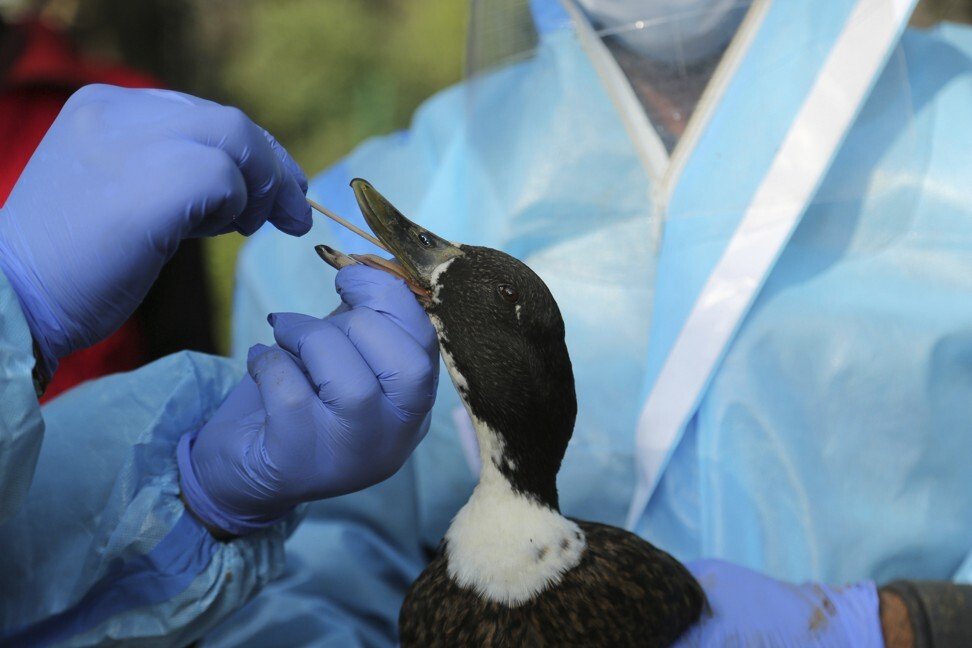Tens of thousands of birds culled amid bird flu scare in Europe, Japan, India

With less than 15 days into 2021, a pall of new health scare is hanging over Japan, India and at least 10 countries in Europe – France, Germany, UK, Netherlands, Belgium, Croatia, Denmark, Sweden, Poland and Ukraine.
After the novel coronavirus, it's avian flu influenza.
A highly contagious strain of H5N8 and H5N1 has killed over 3.5 million birds since October in Europe and over 400,000 birds in India, triggering panic and a bird carnage.
Over 200,000 birds have been culled in France and 400,000 more are to be killed, 62,000 birds are on the cull list in one of Germany's top poultry producing areas, India has slaughtered over 200,000 birds, while Japan is set to cull a record 1.1 million farm chickens.
So far, the virus has spread across 13 Japanese prefectures.
According to the European Food Safety Authority, this is the widest bird flu outbreak in Europe since 2016, spreading rapidly across the continent.
Countries like China and South Korea have imposed import restrictions on poultry products. Hungary, UK and Denmark have suspended sales of chicken and turkey outside the EU.
After the U.S. and Brazil, the EU is the world's third-largest exporter of chicken.
In India, New Delhi has shut down poultry farms and banned restaurants and hotels from dishing up egg-based and chicken items on the menu. More than 9 states have reported bird flu cases.
This comes as the country grapples with the impact of COVID-19 with the second-highest number of cases in the world.
The first avian flu influenza outbreak in India was reported in 2006.

According to experts, migratory birds returning from Africa could have carried the virus to different continents.
"In view of the fact that the virus seems to be circulating quite widely in Africa where our migratory birds go to spend winter, we might say there is a risk for Europe in the coming spring," said Samuel Jutzi, director of the animal production and health division of the UN's Food and Agriculture Organization at press briefing.
Reported mostly in wild and poultry birds, bird flu is a viral infection influenza. Some variants of the virus could be deadly.
"Humans can be infected with avian, swine and other zoonotic influenza viruses, such as avian influenza virus subtypes A(H5N1), A(H7N9), and A(H9N2) and swine influenza virus subtypes A(H1N1), A(H1N2) and A(H3N2)," according to the World Health Organization (WHO).
"Human infections are primarily acquired through direct contact with infected animals or contaminated environments, these viruses have not acquired the ability of sustained transmission among humans," the WHO said in a statement.
According to a health advisory issued by the United Kingdom National Health Service, one cannot catch the bird flu through eating fully cooked poultry or eggs.
Since 2003, the H5N1 strain has claimed at least 90 lives, mostly in Southeast Asia.
(Source: CGTN)








Comment